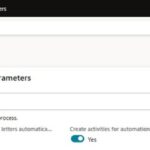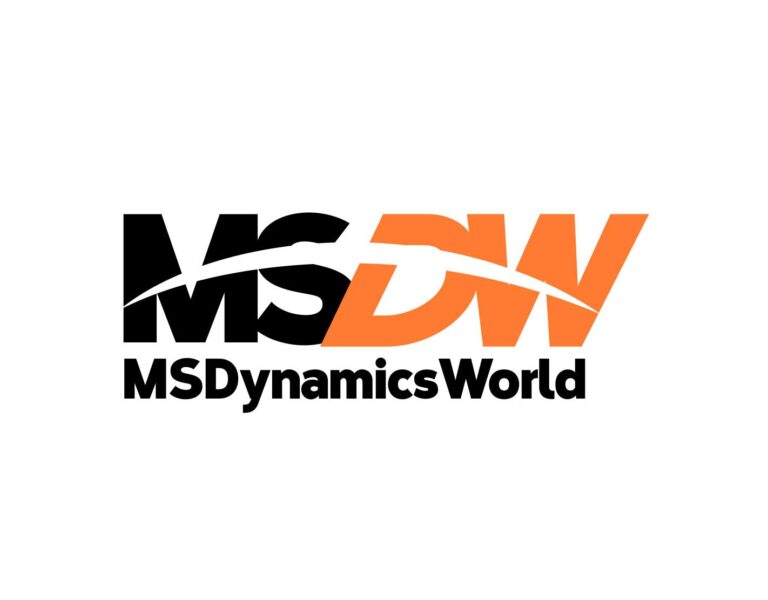In this review of the Dynamics 365 Finance and Supply Chain Management blogs:
- Efficient intercompany transactions
- Simplifying retail operations
- Change tracking in data entities and latest changes
- Enabling automated ESG reporting in D365 Finance
Efficient intercompany transactions in Dynamics 365 Finance & SCM
Writing on the ERP SoftwareBlog, an author from Pharos Solutions Inc. stated that if you run supply chain operations across different parts of your company, you know how complex intercompany trade can get.
The author noted that one group does the buying. Another handles the selling. A third might just distribute products. The author wrote that each one expects the numbers to line up, the invoices to show up when they should, and the inventory to keep moving without any problems.
However, the author pointed out that it rarely works that way. The author then stated that Dynamics 365 Finance and Supply Chain Management simplifies intercompany workflows by building these functions directly into its finance and supply chain modules.
Instead of stitching together spreadsheets or fixing mismatched records by hand, the system handles most of the work automatically, the author noted. In the blog post, the author offered a step-by-step guide to set up intercompany workflows in D365 Finance and SCM.
From shelf to system: how Microsoft D365 Finance simplifies retail operations
On the Logan Consulting blog, Maya Ikenberry wrote that in retail, managing multiple sales channels, tracking inventory across locations, and protecting margins can be overwhelming. In her blog post, Ikenberry explained how D365 Finance helps:
FREE Membership Required to View Full Content:
Joining MSDynamicsWorld.com gives you free, unlimited access to news, analysis, white papers, case studies, product brochures, and more. You can also receive periodic email newsletters with the latest relevant articles and content updates.
Learn more about us here







